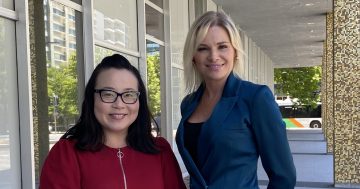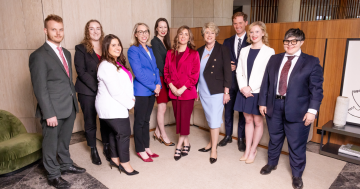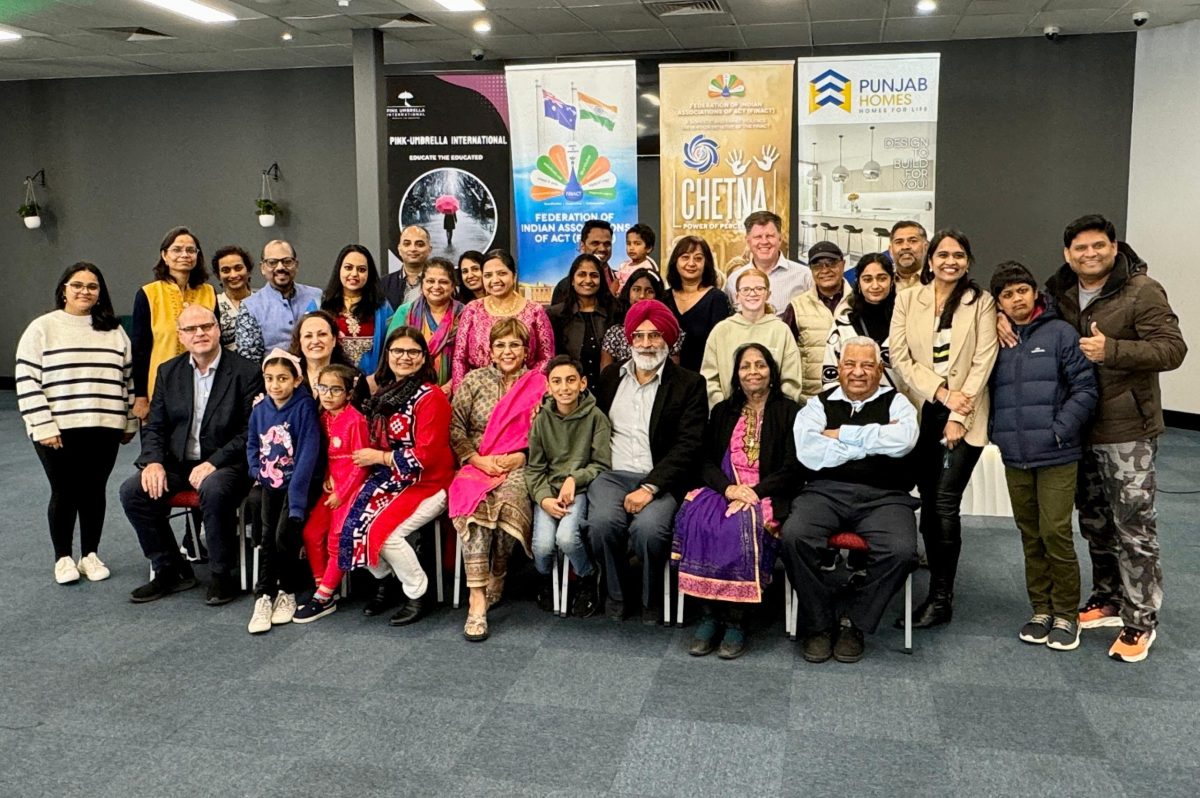
Chetna takes a novel approach to addressing domestic and family violence by empowering families and communities with awareness about positive and healthy relationships. Photo: FINACT.
In 2020, as the population settled into COVID lockdowns, another quieter, more insidious pandemic was sweeping through the nation.
As incidents of domestic and family violence skyrocketed, it occurred to the Federation of Indian Associations ACT (FINACT) president, Dr Sunita Dhindsa, that there was an added layer of complexity for people from some migrant backgrounds.
“Domestic and family violence is everywhere, but for first-generation migrants, international students and temporary migrants, sometimes the cultures and rules back home are different to those in Australia,” she says.
“Back home, as our generation was growing up, getting a verbal scolding or physical punishment as kids was nothing unusual. However, in Australia, shouting at family members or smacking is considered aggression and, therefore, potentially abusive.
“These kind of behaviours are a norm in many cultures and, as a result, wouldn’t be something a person thinks of as a problem, let alone addresses.
“At the same time, vicious domestic abuse is occurring in communities. Unfortunately, due to complex reasons, women constitute a large majority of victims. In addition, the numbers of other genders and ages who are victims are on the rise – suicide rate in males, for example, is much higher than in females.
“We believe that domestic and family violence is a whole-of-family issue. We cannot effectively address the root of the problem if we don’t include all genders and ages. Excluding them means it won’t work,” Sunita says.
As a not-for-profit community organisation run by volunteers connecting a 25,000-strong diaspora in the ACT and the surrounding region, FINACT was poised to play a part in addressing the broader problem, starting with its own community.
Chetna – a domestic and family violence prevention initiative – was born. Chetna aims to create a better society through respectful, healthy relationships in a family context and enable the prevention of domestic violence through positive enabling.
“Chetna is a Sanskrit word. It means awareness, consciousness, perception. We felt this was a fitting name because how we perceive things and become conscious of them determines how we react,” Sunita says.

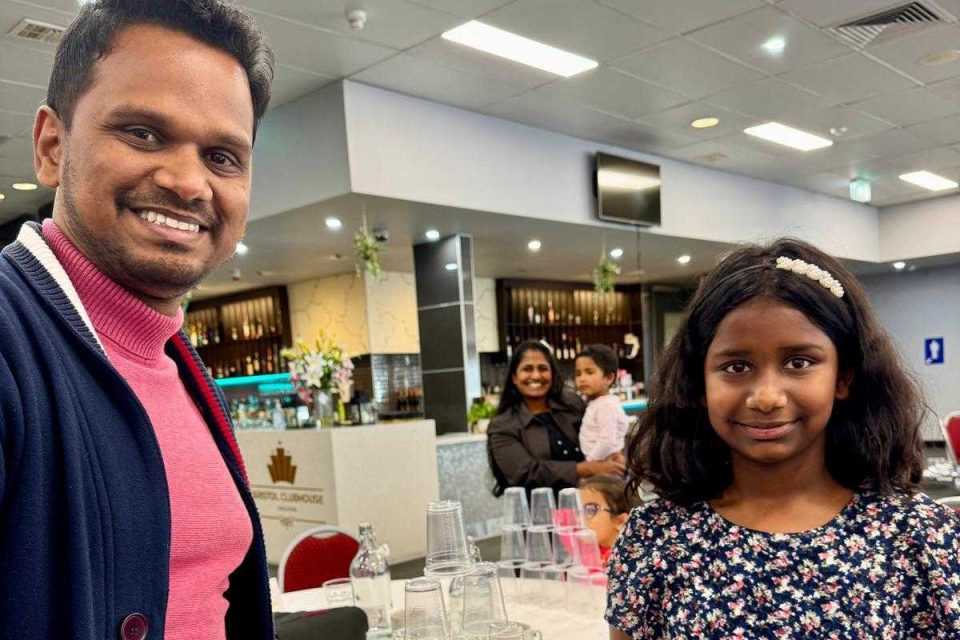






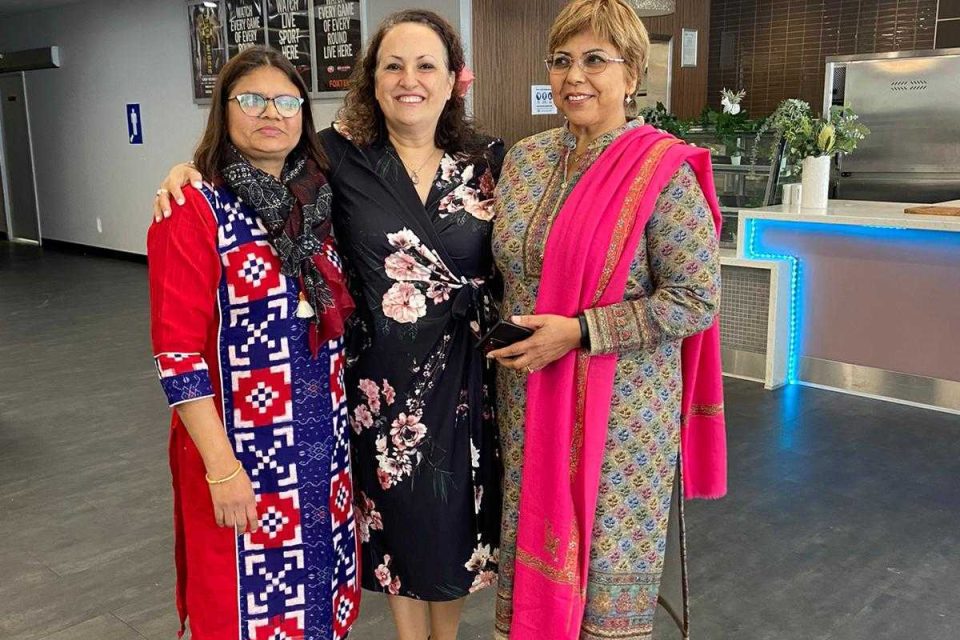


Chetna developed an innovative and positive way of dealing with domestic and family violence with a holistic, whole family and cultural perspective. Organisers focus on and explore relationships within the family dynamic – such as those between the dad and daughter or mother and son- from a whole family perspective, including grandparents, and work to understand what healthy relationships look like.
The first in the series was a ‘Dad and Daughter’ event held in early June to celebrate the beautiful bond between fathers and daughters. Led by Chetna volunteers and in collaboration with the Migrant And Refugee Settlement Services, it was attended by dad-and-daughter duos and families, frontline community workers and staff from MARSS and DVCS, participants engaged in a variety of sessions, including discussions, a quiz, role play, relaxation and cultural workshops.
Chetna’s current coordinator Dr Pravati Panigrahi says these devices helped participants explore and discover the nuances of this relationship and impact of behaviours on the daughter and family.
“Through the role play, people could see how a dysfunctional relationship between parents and their daughter could have the unintended consequence of impacting the father-daughter dynamics, which can impact daughters later in life,” she says.
“Participants directly experienced the profound impact of a supportive father figure who also enforced acceptable boundaries and expectations, positively reshaping familial dynamics.”
The upcoming event on 23 June will feature a targeted and engaging workshop to delve deeper into our ongoing discussions and gain further insights.
FINACT president Dr Harjinder Dhindsa says the prevention initiative uses positive reinforcement without any blame.
“We hope to give people a glimpse into the possible trajectories of various behaviours,” he says.
“By initiating conversations about critical family and personal values, participants will start to gain awareness about the hidden drivers of various forms of abuse and get an understanding of positive, healthy relationships.”
Participants are invited to the next ‘Dad and Daughter’ Chetna on Sunday, 23 June. For more information, contact Chetna at chetna.finact@gmail.com or visit FINACT Facebook.












